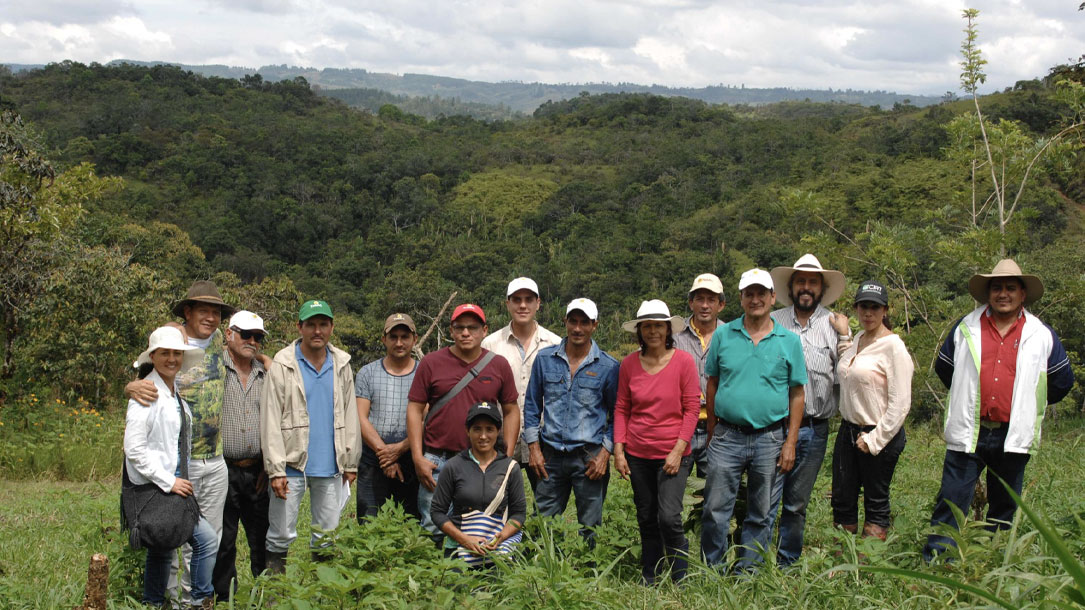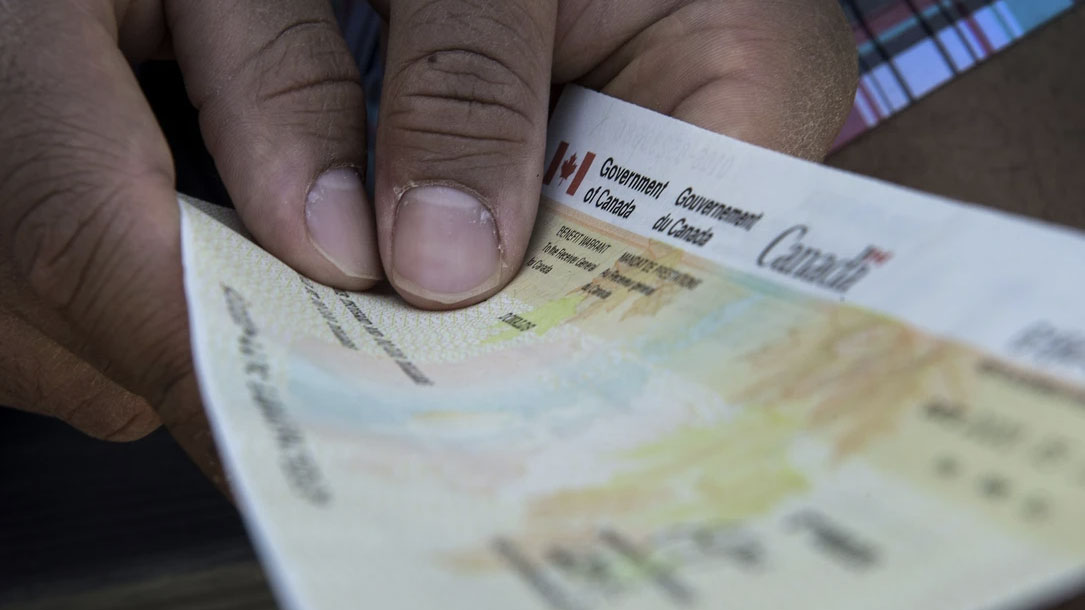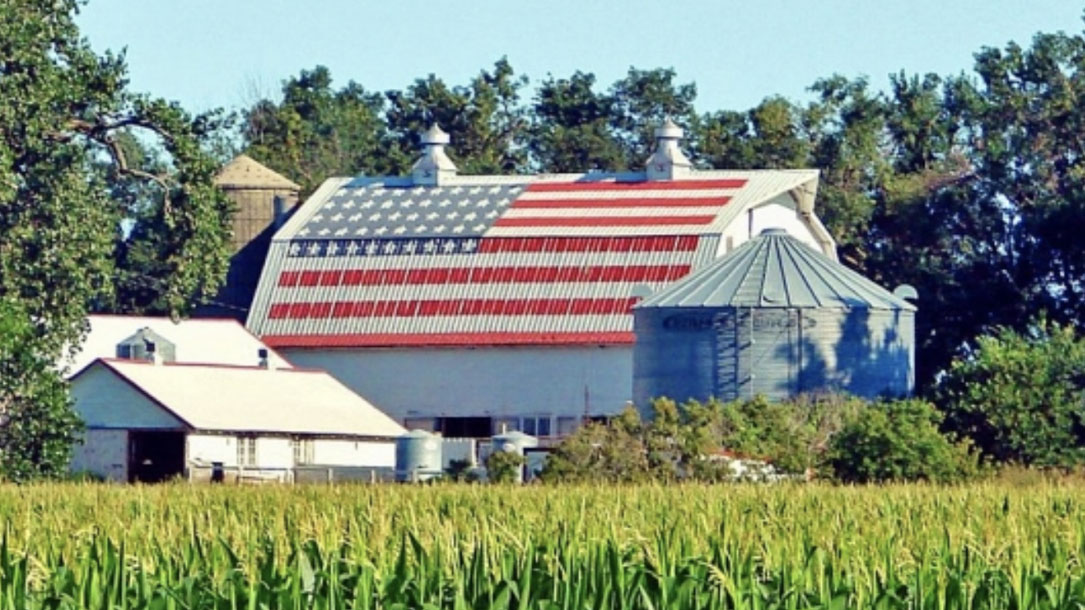Home > Climate News >

Breaking down the Inflation Reduction Act program by program, incentive by incentive
The Inflation Reduction Act is the biggest investment in clean energy and climate solutions in American history, so it can be hard to keep track of everything in it. This spreadsheet breaks down the funding opportunities in the bill in a way that allows a variety of users to easily find out which IRA programs and tax incentives can benefit them.
In particular, this spreadsheet was developed for use by:
- State and local/municipal governments
- Tribal Nations
- Businesses
- Non-profits
- Institutions of higher education
- Individual consumers

Exploring carbon sequestration
“[They] are following the model from other land trusts. There is a cost for land trusts to manage forests for increased carbon sequestration. [They] aren’t a commercial forestry operation and need revenue in order to manage forests.
Carbon offsets and the carbon market can provide resources for land trusts to restore large commercial forest landscapes, and support the ongoing cost of stewardship and restoration that a land trust is responsible for.
Whatcom Land Trust would only take on a carbon sequestration project that supports our mission, improves the forest ecosystem, and sequesters more carbon than it would otherwise…”

Biden-Harris administration announces availability of Inflation Reduction Act funding for climate-smart agriculture nationwide
[Jargon alert, the article will explain more]
The IRA funding includes an additional $8.45 billion for EQIP, $4.95 billion for RCPP, $3.25 billion for CSP, and $1.4 billion for ACEP. The increased funding levels begin in fiscal year 2023 and rapidly build over four years. These additional investments are estimated to help hundreds of thousands of farmers and ranchers apply conservation to millions of acres of land.
Additionally, the IRA provides $300 million to quantify carbon sequestration and greenhouse gases (GHG) through the collection and use of field-based data to assess conservation outcomes. Information gained through this effort will be used to….

Partnerships for Climate-Smart Commodities Project summaries
This project proposes to accelerate long-term cover crop adoption by creating a platform to incentivize farmers. The platform will quantify, verify, and facilitate the sale of ecosystem benefits, creating a marketplace to generate demand for climate-smart commodities. This project plans to support the implementation of more than 1 million acres of crop crops across 20 states. It also plans to enable corn and soybean commodity groups to achieve greenhouse gas emission reduction goals while supporting their farmer members and advancing more productive and sustainable practices.

Two groups want to put focus on carbon credits from urban forests
National Public Radio discusses urban carbon credit work. Lookout Mountain Conservancy is participating in this effort.
“We know trees can help address climate change. A forest sucks carbon dioxide from the atmosphere. That can be sold as a carbon credit to companies looking to offset their environmental impact. But the way those credits are calculated has long been scrutinized. And two groups want to put focus on urban forests. Bellamy Pailthorp of KNKX explains…”

As Congress funds high-tech climate solutions, it also bets on a low-tech one: nature
[B]eyond those headline-making investments, the legislation acknowledges a less-heralded but essential part of the effort to combat climate change: nature. Or, more precisely, that given a chance, nature can be a profound ally in the fight against climate change…

Featuring carbon tax credits
Conserving Carolina, an accredited land trust that works to conserve natural lands, community lands and trails, and farmland, is beginning to increase their climate communications and inspire greater change. In this Facebook post, they noted:
“In Canada, families are getting their first checks from carbon reductions! That’s thanks to a policy much like the Energy Innovation and Carbon Dividend Act that Conserving Carolina (and hundreds of other nonprofits) have endorsed in the U.S. This climate solution would put a price on carbon and give the money back to the American people.
Three cheers for our partners the Citizens Climate Lobby who successfully supported this policy in Canada and who are mobilizing grassroots support for it in the U.S.! Citizen lobbyists are the heart of this campaign. If you want to be a part of the solution, find your local chapter of CCL and get involved.”

Americans beginning to correlate extreme weather with a climate crisis, but purse strings are still tight
Broader socioeconomic factors are also affecting those who are experiencing weather events, and more importantly, how these parties can financially respond to these events — and thus how willing they are to pay even more.
For instance, only 29% of households that experienced extreme events had 100% of their damages covered by insurance. Renters though had it worse — with those who have experienced extreme events being uninsured 70% of the time…

USDA to invest $1 billion in climate smart commodities, expanding markets, strengthening rural America
Agriculture Secretary Tom Vilsack announced today at Lincoln University that the U.S. Department of Agriculture is delivering on its promise to expand markets by investing $1 billion in partnerships to support America’s climate-smart farmers, ranchers and forest landowners. The new Partnerships for Climate-Smart Commodities opportunity will finance pilot projects that create market opportunities for U.S. agricultural and forestry products that use climate-smart practices and include innovative, cost-effective ways to measure and verify greenhouse gas benefits. USDA is now accepting project applications for fiscal year 2022.

U.S. Climate Resilience Toolkit: funding opportunities
Many of the strategies for increasing climate resilience come with a price tag. Increasingly, funding for local climate adaptation and resilience projects must draw on a range of public and private financing. For instance, groups may apply for federal grant funding, work through public/private partnerships, and/or fund projects through local taxes.












